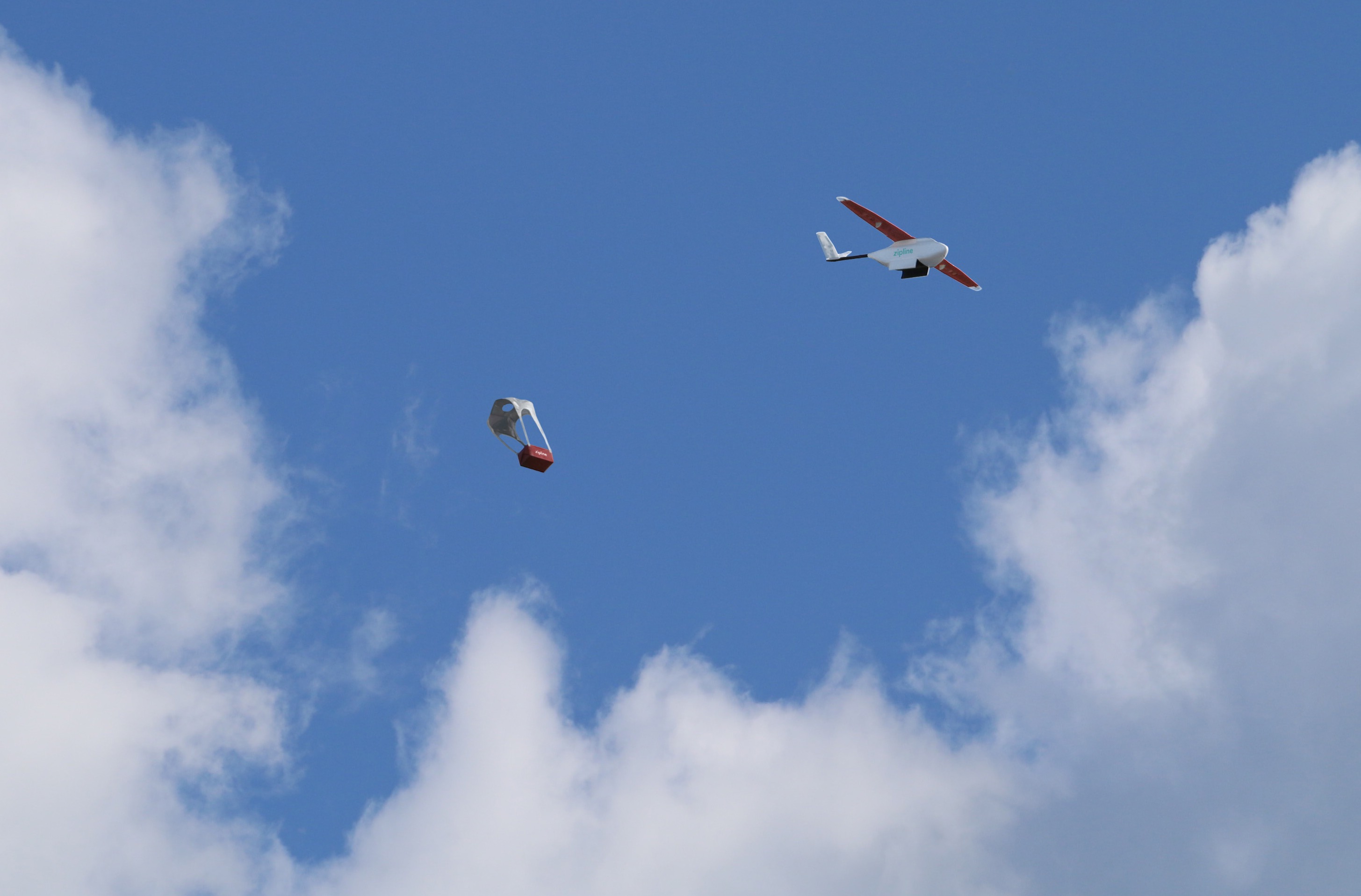Are UAV's 'Things'?
(courtesy The Verge)
But before we get rolling, a point of order: drones/quadcopters/hexi-copters/UAVs/whatever are things, but are they 'things' for the 'internet' to be 'of'? After all, most of them are not directly connected to the internet or even to a network. Having said that, I do not believe that I need to use my 'because it's my blog and I say so' trump. The starting point of the Internet of Things is the rise of the smartphone, cheap chips, sensors and connectivity. Drones take advantage of that same paradigm. Most are controlled through a smartphone, often with little input from the purported pilot. They use various wireless networking protocols for that control and to send the video feed back. So, while not directly connected to the internet, they are a product of the same culture. From that view point, they are subject to my keyboard.



